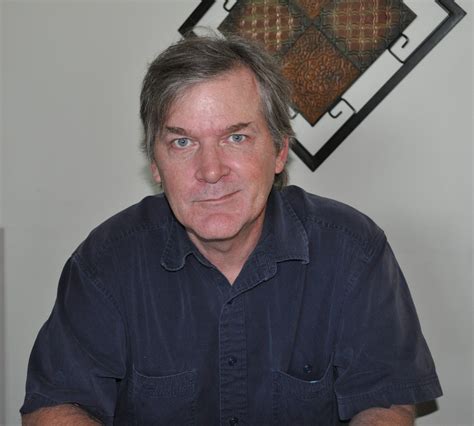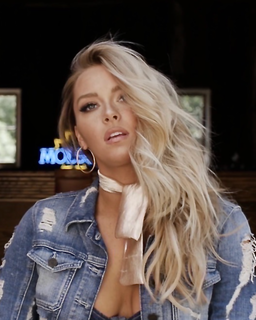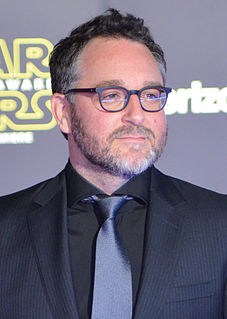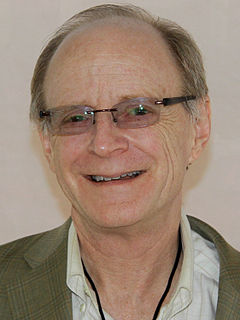A Quote by Anne Lamott
I don't know where to start," one [writing student] will wail. Start with your childhood, I tell them. Plug your nose and jump in, and write down all your memories as truthfully as you can. Flannery O' Connor said that anyone who has survived childhood has enough material to write for the rest of his or her life. Maybe your childhood was grim and horrible, but grim and horrible is Okay if it is well done. Don't worry about doing it well yet, though. Just get it down.
Related Quotes
Loving your subject, you will write about it with the spontaneity and enthusiasm that will transmit itself to your reader. Loving your reader, you will respect him and want to please him. You will not write down to him. You will take infinite pains with your work. You will write well. And if you write well, you will get published.
Over the next four days, I want you to write about your deepest emotions and thoughts about the most upsetting experience in your life. Really let go and explore your feelings and thoughts about it. In your writing, you might tie this experience to your childhood, your relationship with your parents, people you have loved or love now or even your career. How is this experience related to who you would like to become, who you have been in the past, or who you are now?.
Write down the area of your life that most needs your attention right now and then write out all the details you saw of your soul's vision for this part of your life. What will that part of your life look like? How will achieving your goal change your life? How will it change the life of those around you? When you reach your goal, when you fulfill that desire, what will it make room for? Write that all down.
I thought, "Well, I'm writing about early childhood, so maybe it would make sense to write about late childhood as well, early adulthood." Those were my thoughts, and this was how this crazy book [Winter Journal] was composed. I've never seen a book with pictures like at the end, pictures related to things you've read before.
If you had a job, and every day you're going back home and telling all your friends how horrible your job is and how horrible your employer is, after a while, they're going to start believing you. And then at some point, they're going to start questioning you and say, 'Why, if it's so bad, are you doing it?'
That's what I love about writing. Once you get the words down on paper, in print, they start to make sense. It's like you don't know what you think until it dribbles from your brain down your arm and into your hand and out through your fingers and shows up on the computer screen, and you read it and realize: That's really true; I believe that.
The way to a beautiful, strong, healthy body is to start by trusting yourself right now. Let go of the struggle and surrender to your body's needs. Your intuition will tell you what to eat. It may direct you to exercise vigorously, in which case you'll enjoy it, or it may tell you to slow down and rest. It may tell you to stay in bed all day, or it may tell you to get up early. There are no rigid rules. Your body knows perfectly well what's good for it.
George Bernard Shaw was right. He summed it all up when he said: "The secret of being miserable is to have the leisure to bother about whether you are happy or not." So don't bother to think about it! Spit on your hands and get busy. Your blood will start circulating; your mind will start ticking-and pretty soon this whole positive upsurge of life in your body will drive worry from your mind. Get busy. Keep busy. It's the cheapest kind of medicine there is on this earth-and one of the best.







































